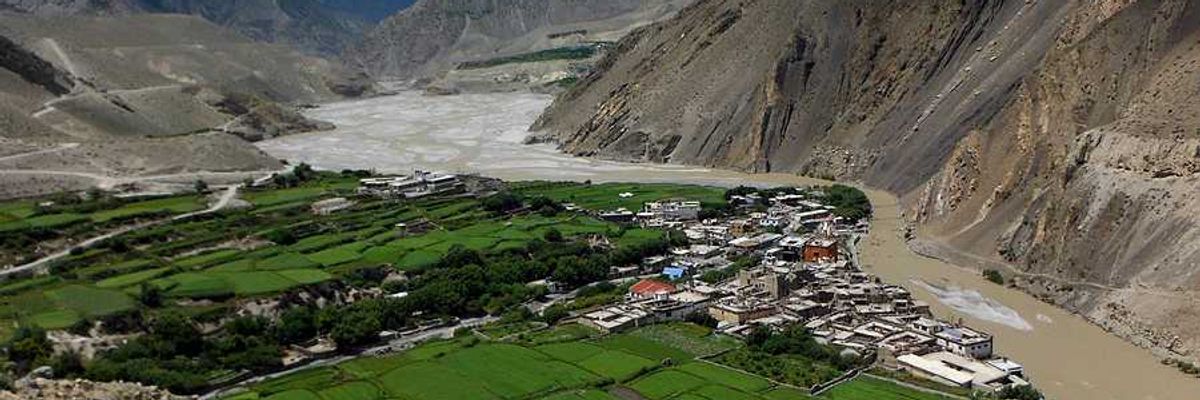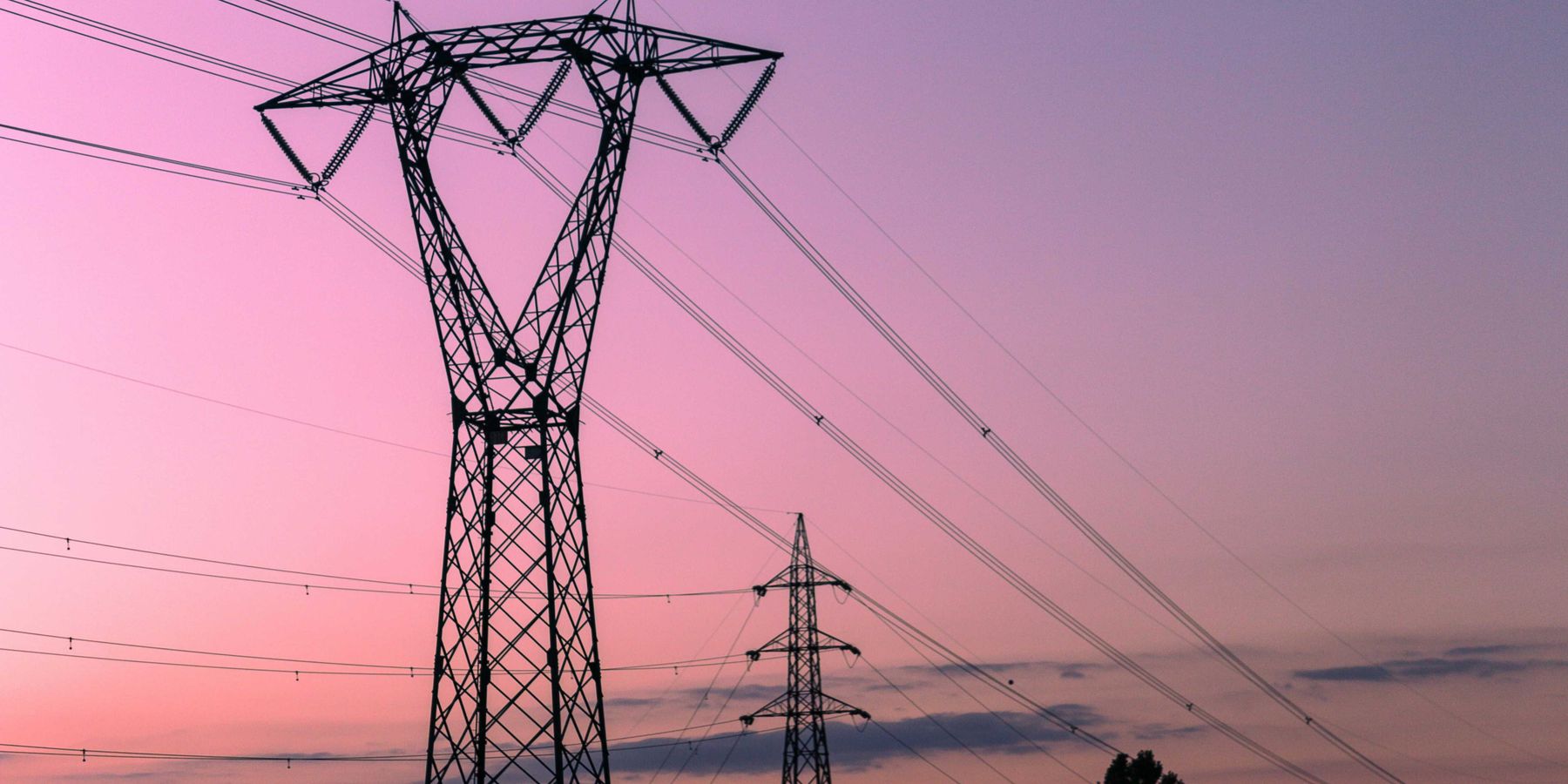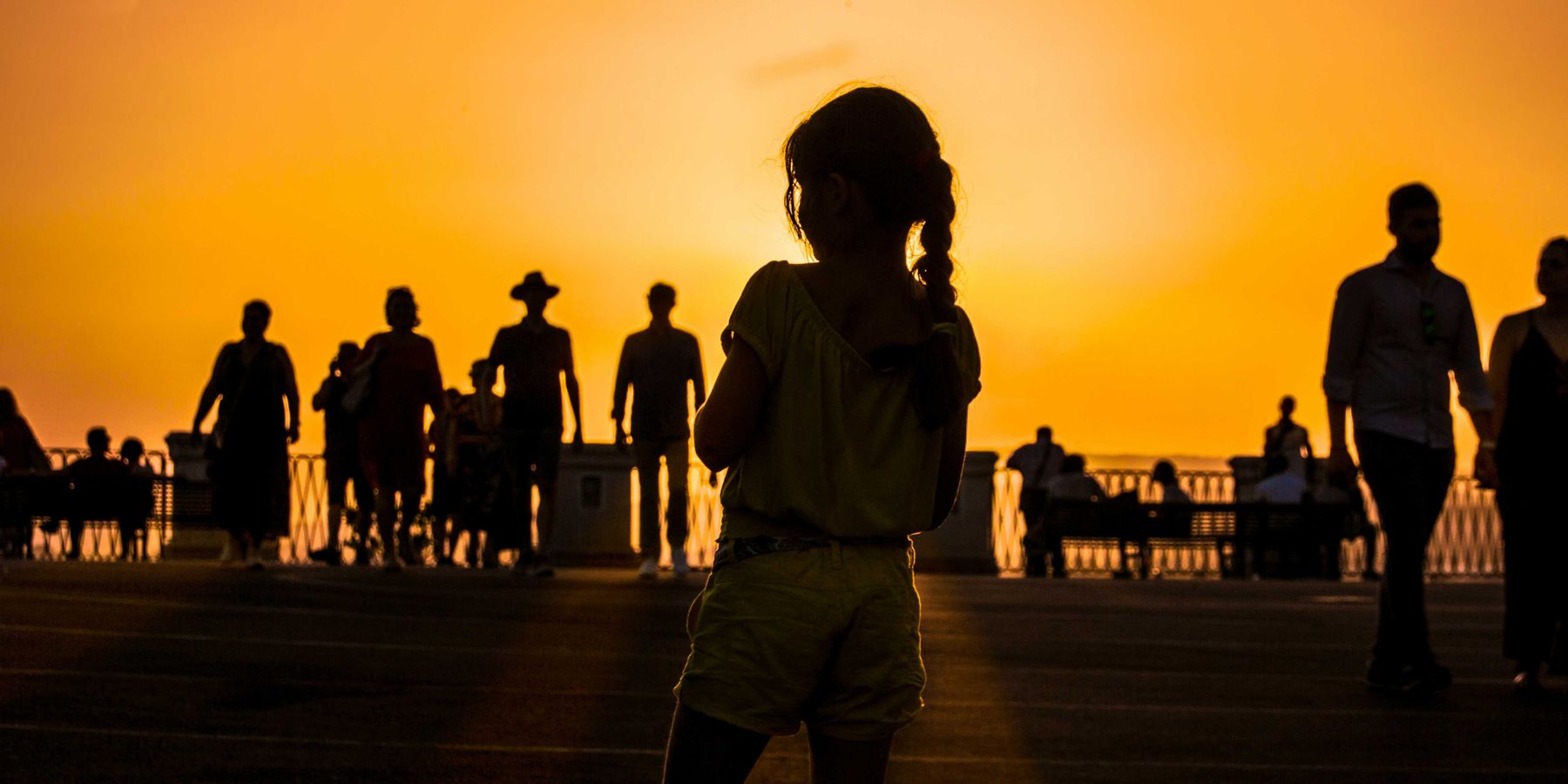emergency
Emergency response systems fail Florida farmworkers during disasters
Florida's emergency response systems left farmworkers stranded and unsupported during Hurricane Idalia, highlighting the need for more inclusive disaster planning and better communication.
In short:
- A new report reveals that disaster response efforts in Florida neglect farmworker communities, exacerbating their vulnerability during events like Hurricane Idalia.
- Emergency management systems often overlook crucial factors like immigration status and language barriers, which are vital in providing effective aid to farmworkers.
- Community organizations are stepping in to bridge the gap, creating their own frameworks and plans to ensure these workers receive necessary resources.
Key quote:
“We continue to see the same issues. This is the consequence of the inequalities that we have within our system.”
— Fernando Rivera, a sociologist who studies disasters at the University of Central Florida
Why this matters:
Farmworkers are essential to the agricultural economy, yet they remain largely unprotected in disaster scenarios. Addressing these systemic issues is crucial for equitable emergency responses, especially as climate change increases the frequency and severity of such events.
Related: Op-ed: Farmworkers’ vicious cycle of precarious employment, exploitation and climate change
Increasing emergency room visits due to heat illness in 2023
Last year saw a significant rise in ER visits related to heat illnesses across the U.S., a CDC study finds.
In short:
- Data from 2023 shows a notable increase in heat-related illnesses, primarily from May to September, with nearly 120,000 recorded ER visits.
- Southern states, particularly Arkansas, Louisiana, New Mexico, Oklahoma and Texas, experienced the highest rates of heat-related visits.
- Men and adults aged 18-64 were the most affected groups, suggesting specific demographic vulnerabilities to heat effects.
Key quote:
"The heat you were asked to manage 10 years ago is not the heat you’re being asked to manage today."
— Kristie L. Ebi, University of Washington professor
Why this matters:
Heat illnesses range from mild conditions like heat rash and heat cramps to more severe forms such as heat exhaustion and heat stroke, the latter of which can be life-threatening. Those who work outdoors can be particularly vulnerable. Urban areas are particularly vulnerable due to the "urban heat island" effect, where buildings and roads absorb and re-emit the sun’s heat more than natural landscapes such as forests and bodies of water. This can make cities several degrees warmer than their rural surroundings, increasing the risk of heat-related illnesses for city dwellers.
For more: Worsening heat waves are hammering the disabled community.
British Columbia's budget overlooks climate disaster prevention efforts
In British Columbia, despite recent devastating climate events, the latest budget focuses more on emergency response than on preventing future disasters.
In short:
- The budget increases funding for emergency management but lacks investment in measures to prevent climate disasters.
- Experts criticize the budget for not addressing the root causes of climate events, emphasizing the need for a shift towards resilience and proactive measures.
- While some funding is directed towards drought issues and wildfire mitigation, there is a call for more strategic, long-term approaches to climate response.
Key quote:
"We have too many provincial officials with their heads stuck in the mud from floods and their heads stuck in the ash of forest fires."
— Sto:lo Tribal Chief Tyrone McNeil, chair of the Emergency Planning Secretariat
Why this matters:
This article highlights a critical gap in addressing climate change: the need for proactive, preventative measures rather than reactive responses. It underscores the importance of investing in resilience and preparedness to mitigate health and environmental impacts, aligning with broader national and global efforts to combat climate change.
Climate change is hurting our mental health. How ‘climate cafes' can help
How climate change is fueling alcohol-related hospitalizations
Many studies have shown that climate change threatens alcohol production around the world, from vineyards in France to whiskey distilleries in Scotland. Now there’s alarming evidence that climate change affects hospitalizations for alcohol consumption, too.
Capito, colleagues reintroduce bill to prevent Biden Administration from declaring climate change a national emergency
U.S. Senator Shelley Moore Capito (R-W.Va.), Ranking Member of the Senate Environment and Public Works Committee, and a group of her colleagues recently re-introduced the Real Emergencies Act, legislation to clarify that the president does not have the authority to declare a national emergency on the premise of climate change.
Crisis? What crisis? Media failing to convey the urgency of the climate emergency
If an alien landed on Planet Earth today and started watching television and reading the newspapers, it would probably not realize that humanity and the natural world face an existential threat – one that has taken us into the Sixth Mass Extinction, is already devastating the lives of many, especially in the Global South, and is set to hit the rest of us soon.









